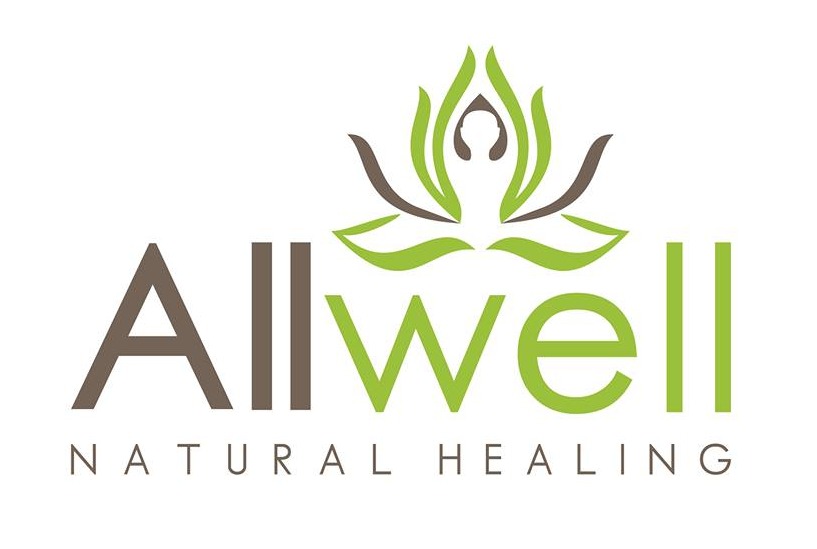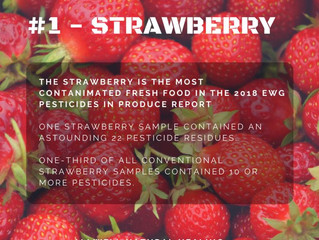The Environmental Working Group (EWG) produces a list of the dirtiest, or most pesticide contaminated fruits and vegetables as well as a list of the least contaminated in their yearly Shopper’s Guide.
This is compiled from the U.S. Department of Agriculture pesticide residue data.A total of 230 different pesticides were found on thousands of fruits and vegetables and these persisted even after washing and in some cases even peeled.
We understand that farming in Australia is different to the US, but in this global marketplace, it is a good idea to know which produce is the most and least contaminated.
Here are the current Dirty Dozen (2018);
- Strawberries
- Spinach
- Nectarines
- Apples
- Grapes
- Peaches
- Cherries
- Pears
- Tomatoes
- Celery
- Potato
- Sweet Bell Pepper
PLUS – Hot Peppers
Each of these foods tested positive for a number of different pesticides and showed higher concentrations of pesticides than other produce items.
Key findings:
- More than 98 percent of samples of strawberries, spinach, peaches, nectarines, cherries and apples tested positive for residue of at least one pesticide.
- A single sample of strawberries showed 20 different pesticides.
- Spinach samples had, on average, 1.8 times as much pesticide residue by weight than any other crop.
- The Clean 15 contain relatively few pesticides or low total concentrations of residues.
The Clean 15;
- Avocado
- Sweet corn
- Pineapple
- Cabbage
- Onions
- Sweet peas (frozen)
- Papaya
- Asparagus
- Mango
- Eggplant
- Honeydew melon
- Kiwi fruit
- Cantalope
- Cauliflower
- Broccoli
Key findings:
Avocados and sweet corn were the cleanest. Less than 1 percent of samples showed any detectable pesticides.
More than 80 percent of pineapples, papayas, asparagus, onions and cabbages had no pesticide residues.
No single fruit sample from the Clean Fifteen tested positive for more than four pesticides.
Multiple pesticide residues are extremely rare on Clean Fifteen vegetables. Only 5 percent of Clean Fifteen vegetable samples had two or more pesticides.
If you want to understand if you’re deficient in essential nutrients and what levels of toxins are present in your body, book in for a Naturopathy and Hair Analysis Appointment to get a 26 page report and consultation.

